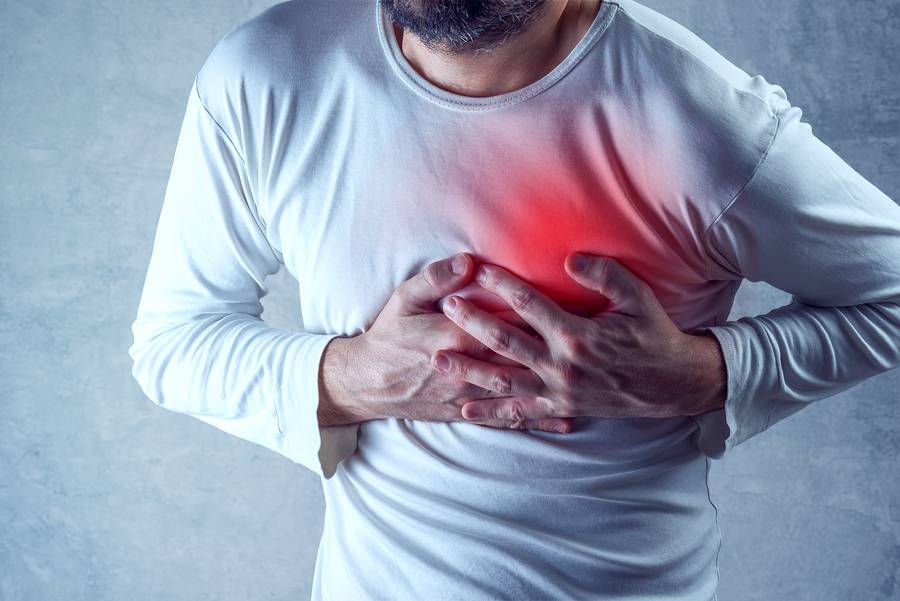What you are doing and how you are feeling one hour before a cardiac event is critical and plays a big part in determining your risk of suffering a heart attack. A large study of 12,000 first-time heart attack patients in 52 countries published by the journal Circulation shows a strong connection between an attack and what the patient is doing and feeling. The research report found that you double your risk of a heart attack if you are angry or upset one hour prior to the event. If you are engaging in heavy physical activity and are emotionally agitated you triple your chances of having a heart attack.
The researchers compared the patient’s behavior one hour before experiencing the symptoms of a heart attack with the same one hour period 24 hours earlier. They found that the patient’s results were consistent across the globe, regardless of other risk factors, including hypertension, obesity and diet. Intense physical activity and negative feelings results in an increased heart rate and blood pressure, which reduces the blood supply and oxygen to the heart. The researchers said that these stressful health factors can cause arterial plaque to rupture and lead to a heart attack.
This study is the first world-wide large scale research to be done on the link between heart attacks and anger, stress and physical activity. Previous studies that have examined this issue have been smaller and conducted exclusively in Western countries.
The researchers at the Population Health Research Institute at McMaster University in Hamilton, Ontario, examined patients at 262 health centers around the world. Three quarters of the patients who participated in the study were male with an average age of 58. In the hour prior to having symptoms of a heart attack, 13.6 percent of the study participants were involved in intense physical activity, compared to 9.1 percent in the previous 24 hour period. 14.4 percent reported being emotionally upset one hour prior to a heart attack, while 9.9 percent reported intense emotions in the previous 24 hour timeframe. Most heart attacks occurred between 6 am and 6 pm. The study relied on the patient to report accurately the extent of their physical activity and the intensity of their emotional state. The research was funded by the pharmaceutical industry and government agencies.
Source: American Heart Association Journal Circulation, November 1, 2016 issue
Source: Wall Street Journal, “Finding Clues in the Hour before a Heart Attack,” November 1, 2016
Medtrust Transport provides emergent and non-emergent ambulance services in Charleston, Myrtle Beach and Georgetown, South Carolina. We have expertly trained EMT personnel and a fleet of fully-equipped ambulances. We aim to provide compassionate and timely patient care.

